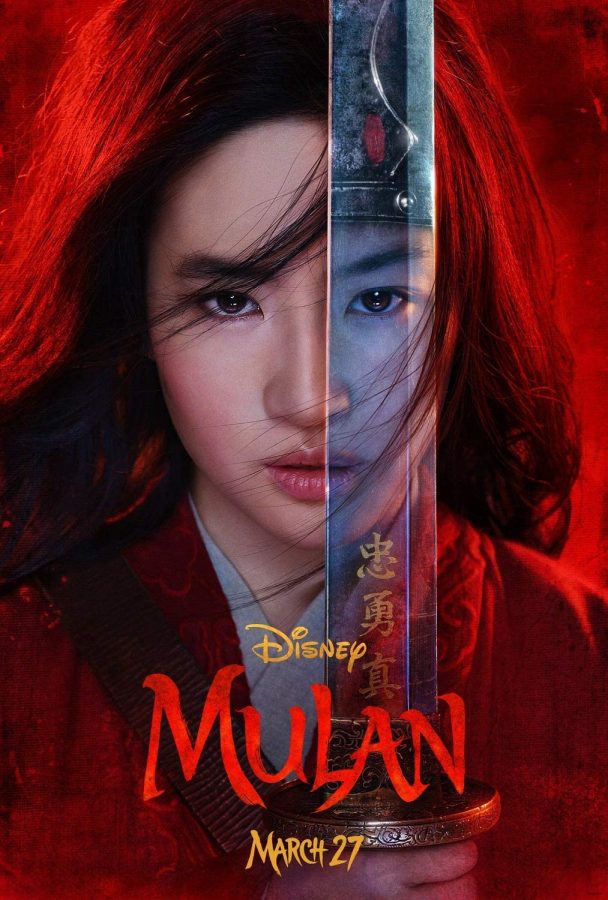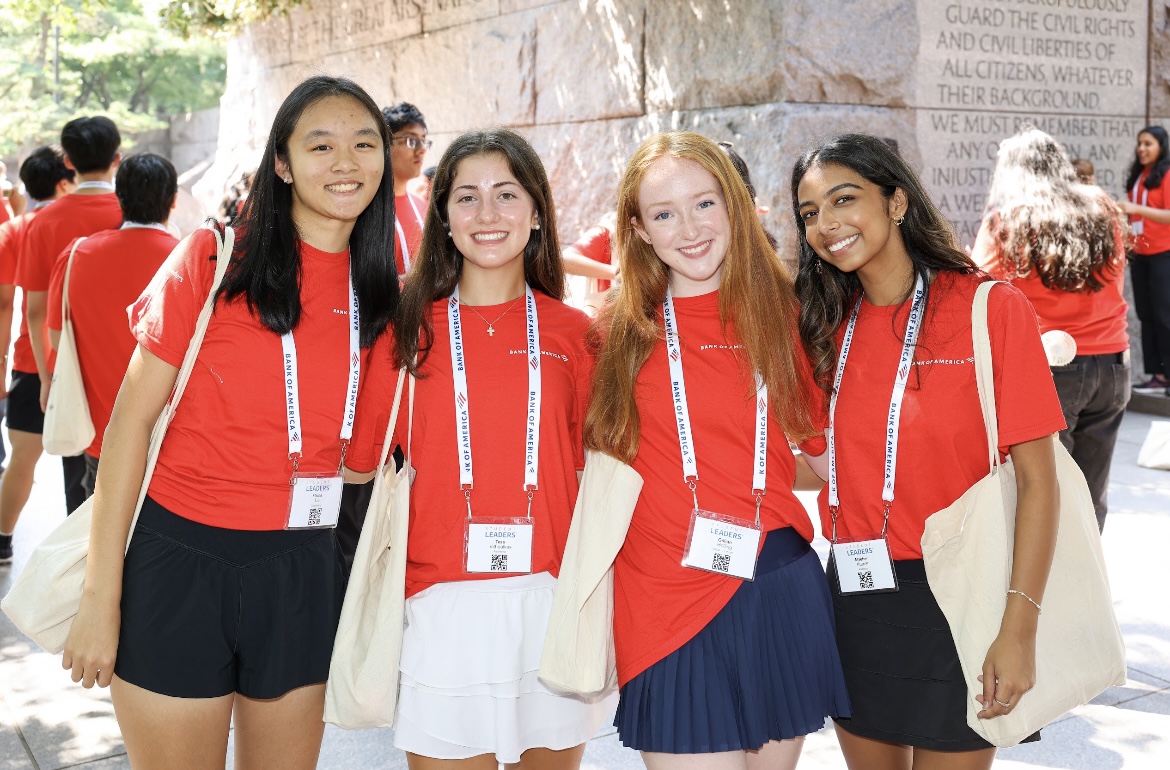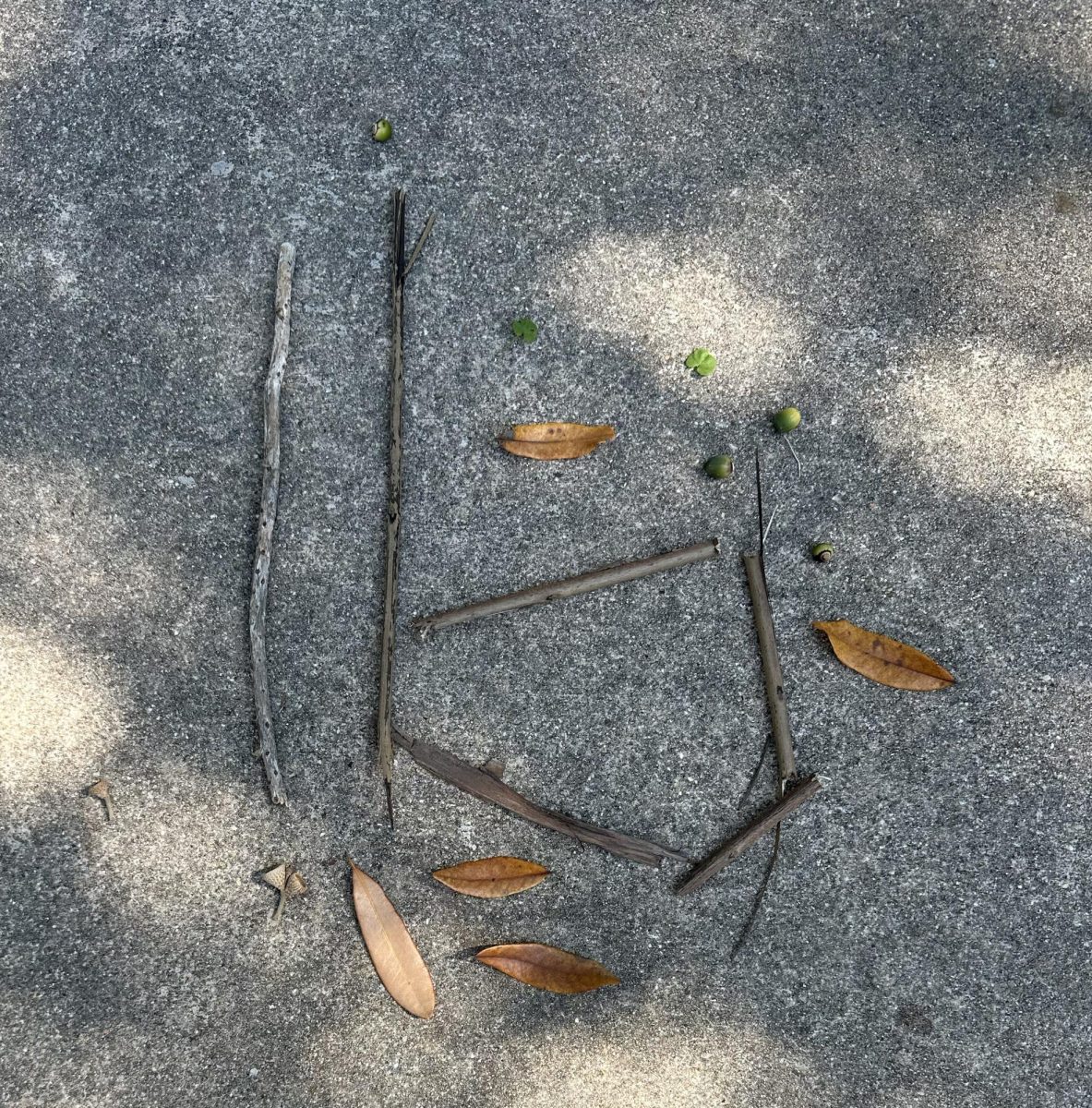Disney’s Live-Action “Mulan” Sparks Controversy
October 9, 2020
On September 4, Disney+ released the live-action version of “Mulan.” The movie has been criticized because it was filmed in Xinjiang, China. Xinjiang is in China’s Far West region and is the home of many concentration camps that abuse Muslim minorities, such as Uighurs, Kyrgyz, and Kazakhs.
In the credits, the movie thanked eight different Chinese governments for allowing the production of “Mulan” in that region. Turpan, home to many Uighurs, was one of the entities that was thanked. President Donald Trump forbade trade with the Silk Road city last year. The Turban region is known as the home for the first “transformation through education” camps, which target Muslims.
When asked to comment on the criticism, Disney, Xinjiang, and Turpan did not respond. However, the Chinese Communist Party claimed that concentration camps in Xinjiang are “job-training centers” and are necessary to challenge Islamic extremism.
Former detainees have described the conditions of the camp through documents and testimonies. They described the physical and verbal abuse, the harsh environment, and the sessions of indoctrination.
“The criticism of the movie…also points to broader concerns about China’s aggressive efforts to assimilate minorities, leading to rapid cultural erosion,” the New York Times said
In the Mongolian region of China, the government recently passed a new education policy that allowed the reduction of Mongolian language classes in local schools.
Many politicians from both parties in the United States have criticized the movie through social media for ignoring the human rights issue.
The movie’s star, who plays Mulan, Liu Yifel, who plays Mulan, supported the Hong Kong police even though the department has been denounced for its actions against pro-democracy supporters. Yifel’s support of the police sparked a boycott of the movie in China, Thailand, and Taiwan.
Anti-government followers selected Agnes Chow as their “real” Mulan due to her democratic activism. Hong Kong arrested Chow for violating the national security law.
In 1997, Disney supported Martin Scorsese’s film, “Kundun,” which the Chinese government perceived as sympathetic to the Dalai Lama. Since Beijing was upset with Disney, the original “Mulan” was released a year later in China. In the United States, Disney released “Mulan” on June 5, 1998. The Chinese government only released “Mulan” in February 1999 after Disney employed a Chinese troupe, purchased foreign distribution rights, and proposed the idea of a theme park in the country.
When the original version of “Mulan” was released, United States Vice President Mike Pence criticized the movie for its attitude about women in the military.
Pence has also voiced his discontent about American companies concealing their support for pro-democracy movements in Hong Kong to salvage their access to the Chinese market.
Originally, “Mulan” was supposed to be released on March 27. However, due to the Coronavirus, Disney released the live-action version of “Mulan” on its streaming platform on September 4. It costs $29.99 to watch “Mulan.” So far, the movie has made 64.4 million dollars.
















